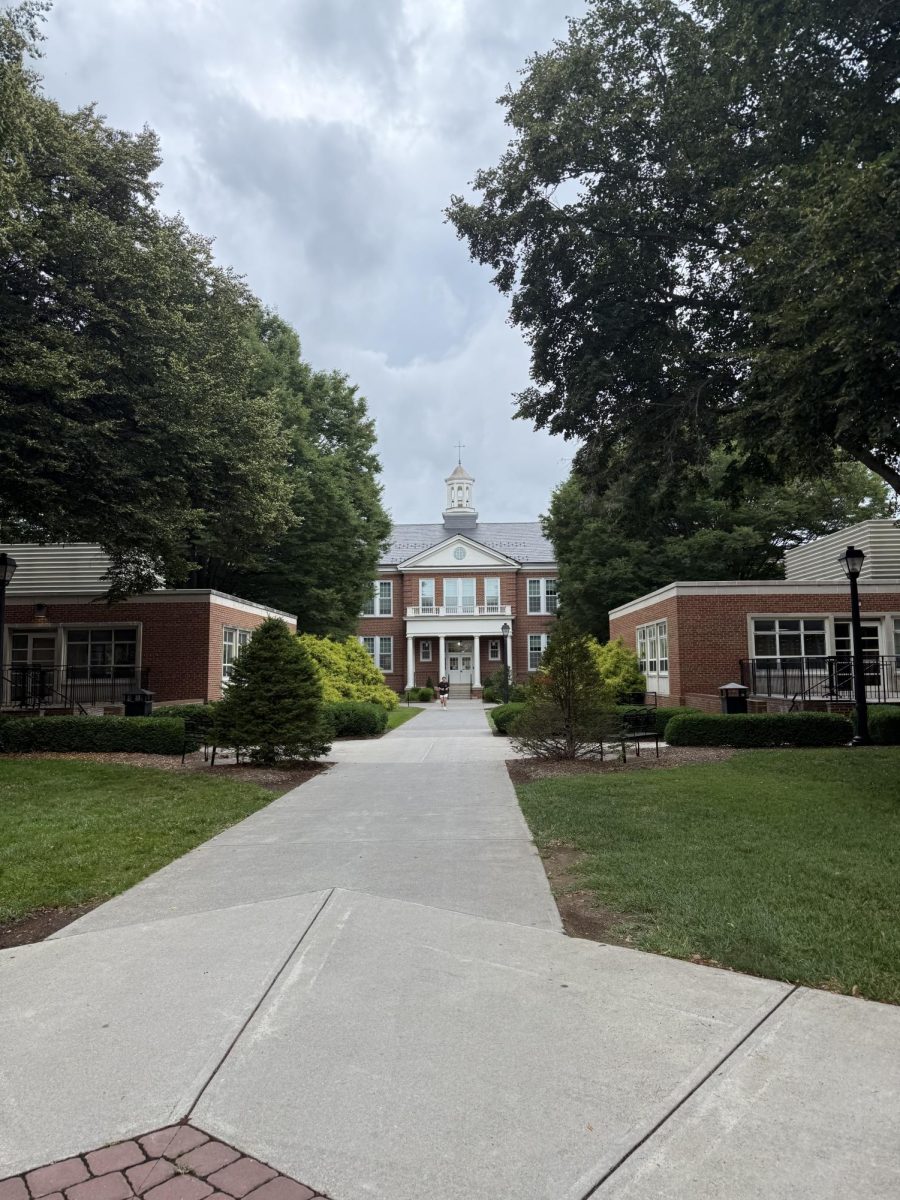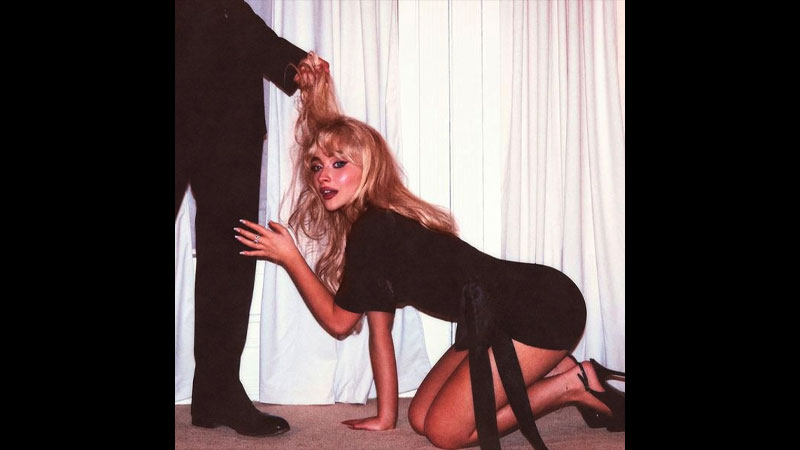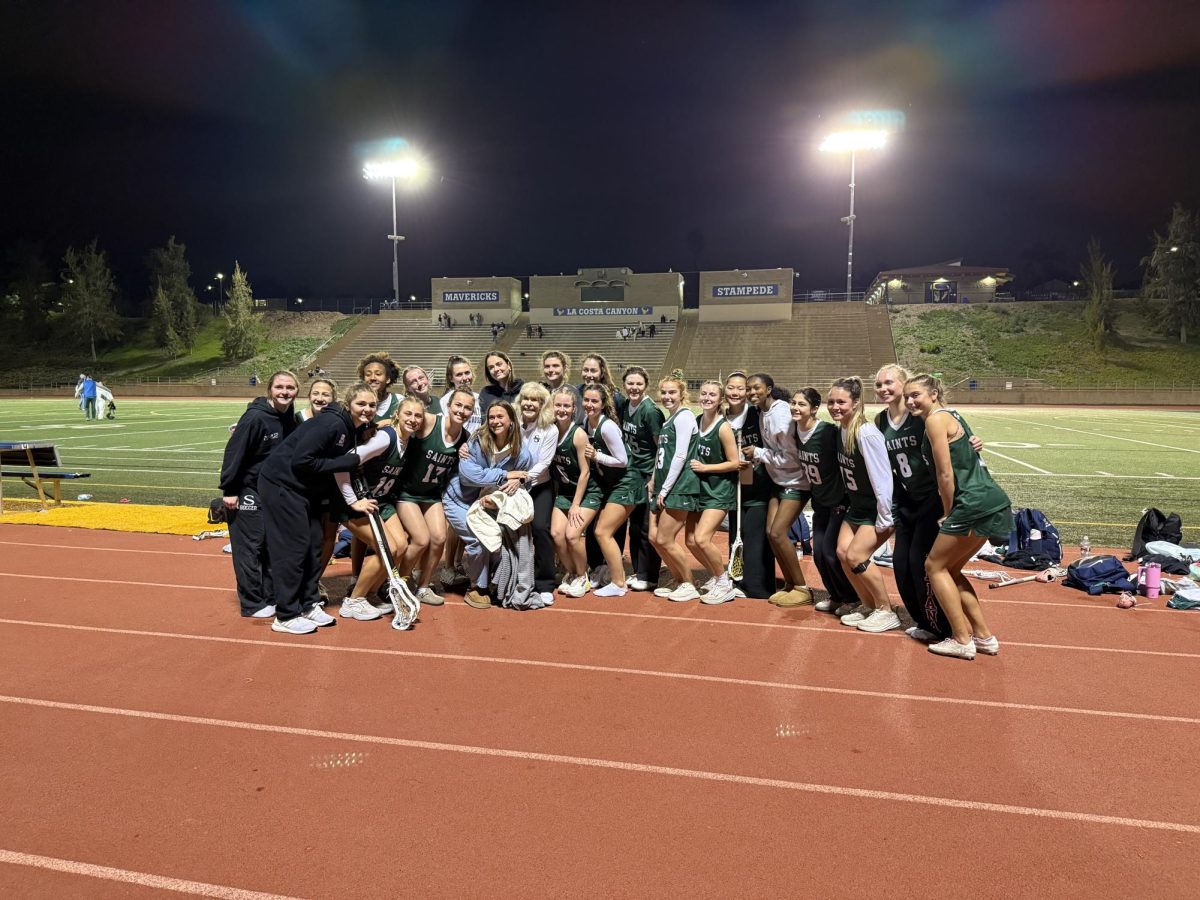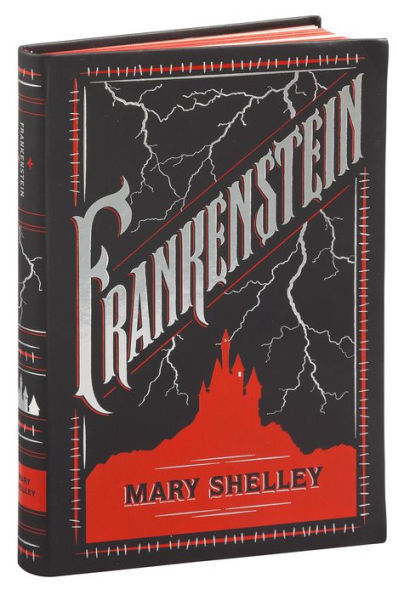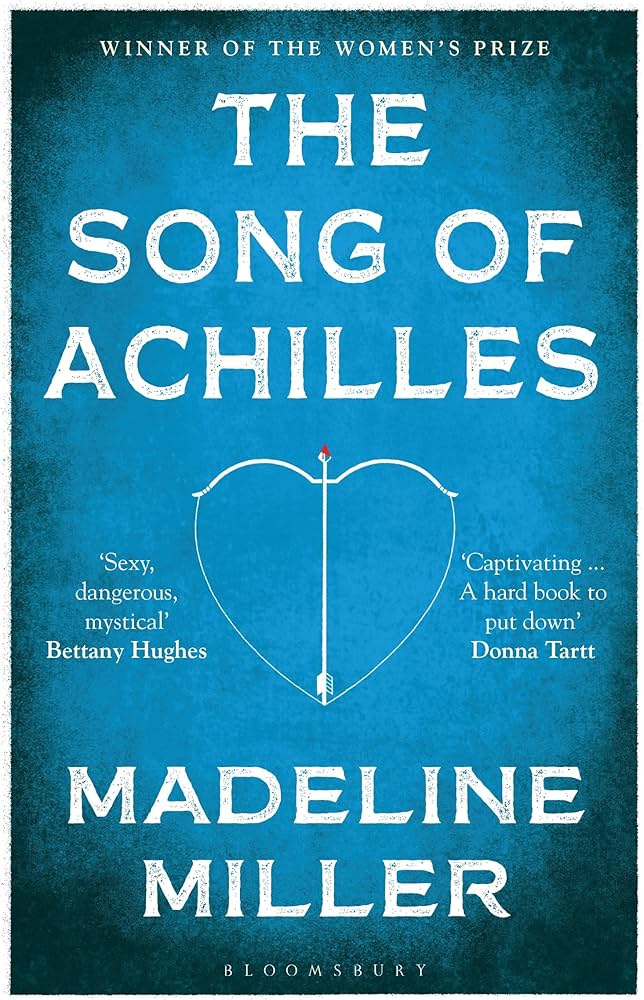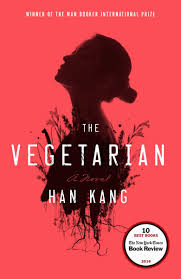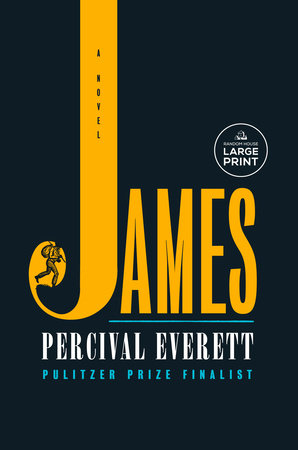On July 12, 2024, the New York Times published an article titled “100 Best Books of the 21st Century,” a comprehensive list of the so-called “best” books from 2000 to 2024. Mrs. Tomljanovich, our school librarian, Mrs. Cranford, the head of the English Department, Dr. Blaker, a tenth grade English teacher, and Bennett Harrison, the Book Club Co-President, have their own opinions on this list.
The list was originally compiled by 503 literary critics, authors, and booklovers. At first place was Elena Ferrante’s 2011 novel “My Brilliant Friend.” The New York Times also compiled a different “Best Books of the 21st Century List” made up by casual readers who were not considered highly esteemed literary critics. At first place on the causal list was Barbra Kingsolver’s 2023 novel “Demon Copperhead.”
Mrs. Tomljanovich’s opinion of whether the list was “accurate” or not was that literature as a whole was too subjective to be ranked accurately. She claimed that she had heard of roughly 90% of the novels, but had read very few of them, which gave her motivation to read more of the books on the list. She also kept notice of what books on the list were had and not had by the library, and said that she would consider getting some of the books.
Mrs. Cranford believed that it did “capture a lot of really good writing this century.” She said that she had read roughly 30 of the books on the list, and had read parts of another five to six books. However, she also believed that attempting to say what place each book deserved is too hard. Mrs. Cranford believed that the types of books on this list were so different, that ranking them based on common factors would be nearly impossible.
Dr. Blaker’s opinion on whether the list was accurate was similar to Mrs. Tomljanovinch’s. He stated that, in terms of what highly esteemed literary critics would say are the best books of the 21st Century so far, it was accurate. “I think it illustrates what the community of professional book critics thought was the best. I think it was accurate to that.” However, in terms of an all-around list of the “best” books, he said that he was unsure, and he gave two reasons as to why. Firstly, he claimed that the nature of how people rank books changes depending on the generation. Therefore, it would be impossible to tell what future generations would consider to be the best books of our time. Secondly, he said that books as a medium affect people differently, and so getting to a general consensus between five hundred three people on what books were the most personally affecting, would be an impossible task.
Bennett had not read the book list before, and was therefore unable to say whether she thought the list was accurate or not. However, she did say that she liked reading modern literature, and that her favorite literary genre was autobiographies of famous people. “It’s kind of a niche genre,” she stated, “but that’s my favorite.” She also said that she enjoys reading some classic books, and that she recently had started to enjoy Jane Austen.
Mrs. Tomljanovich was the only interviewee who had read both the casual-viewer books list and the professional one. When asked whether she had read the number one pick for the casual-reader list, “Demon Copperhead,” she said that she purposefully had not because she had heard that it was a very sad book, and she preferred happier stories. When asked what she thought of Elena Ferrante’s “My Brilliant Friend” being the other list’s number one pick, she said that she had not read it but considered buying it based on its high ranking.
Mrs. Cranford said that she liked Elena Ferrante’s “My Brilliant Friend” a lot, but was not sure whether it deserved the number one spot. However, she was unsure what she would put in its place. Mrs. Cranford said that she had also never read Barbra Kingsolver’s “Demon Copperhead,” and therefore was unable to say which novel deserved the place more.
Dr. Blaker said that he had not read “My Brilliant Friend,” but his wife “really likes Ferrante.” He was happily surprised to hear that the New York Times had compiled a casual-reader list of the best books of the 21st century. He was also surprised that “Demon Copperhead” was first place on that list, and admitted that he was generally unfamiliar with it.
Bennett said that she had not read “My Brilliant Friend,” but that she had heard of it, and she would be interested in reading it eventually. When told that “Demon Copperhead” was ranked first on the casual list, she stated that she was not familiar with it.
When asked whether she disagreed with some of the choices, Mrs. Cranford said that Hillary Mantel’s novel “Wolf Hall,” which made it to third place on the list, was a novel that she struggled with. Mrs. Cranford also believed that there was a high chance that several of the novels on this list would be considered classics in the future, yet she also remarked that that question is too difficult to answer.
In terms of books he did not think should be on the list, Dr. Blaker said that it was not his place to say what books deserve to be called “the best.” However, he did share that Philip Roth’s 2004 novel “The Plot Against America,” was a novel he did not particularly like.
When Mrs. Tomljanovich was asked whether any of these books will be considered classics in the future, she said that that was too hard to predict. She also pointed out that the idea of a fixed “canon” of classic literature is a vague, ever-changing term, and that the notion of which books retain classic status changes over the years. Because of these reasons, she found it too hard to guess what future generations may think of this book list.
Dr. Blaker shared similar sentiments with Mrs. Tomljanovich on whether any of the books on the list would be considered classics. Dr. Blaker also thought that several of the works had the capability of becoming classics, but also said that it was impossible to truly predict. He used Gabrielle Zevin’s 2022 novel “Tomorrow, and Tomorrow, and Tomorrow” as an example of a novel which he believed to be of extremely high quality, yet, because it was too connected to the current time period, does not see transcending time to become a classic.
When asked whether he agreed with school curriculum novels such as “Sing, Unburied Sing,” which made it to 30th, and “Exit West,” which made it to 75th, he said that “Sing, Unburied Sing” was a very sophisticated novel which did deserve to be on the list. He also shared that, when he worked on the 9th grade curriculum, that he had a hard time getting ninth grade students to fully appreciate the work. He also agreed with Exit West’s placement on the list, and admitted to enjoying it.
Bennett thought that some of the books would probably be considered classics in the future, but was unable to voice her opinions on any specifically, as she had not read many of the books on the list. She also mentioned her book club, which, she said, does not read many classics generally, but rather tries to promote reading as a whole. “It’s kind of hard to make them read books that you might read in English class, because I think that is a lot of what discourages people from reading,” she stated. “I feel like people don’t tend to like the books that are read in English class. It’s just a general trend to me. So I think that we tried to show people that reading books can be fun and not like a, you know, hard thing to do.”
When asked about whether “Sing, Unburied Sing,” or “Exit West” deserved their place on the list, she said that when she analyzed them for class, she could see their deeper meanings in the text, and that they probably did deserve their place on the list. “Exit West,” she said, was a bit hard to get into at first, due to the magical realism and structure of the novel, but she did enjoy it more in-depth. “Sing, Unburied Sing” was harder for her to remember and comment on.
When New York Times compiled this list from several professional and casual reviewers, they did a very good job at offering interesting, and oftentimes surprising, takes on what books would be considered “the best” of this century. This thoroughness can be easily seen in the deep insight by the members of the English faculty and Book Club. As the century progresses, one can only imagine what books are yet to come, and how the list will eventually change.
